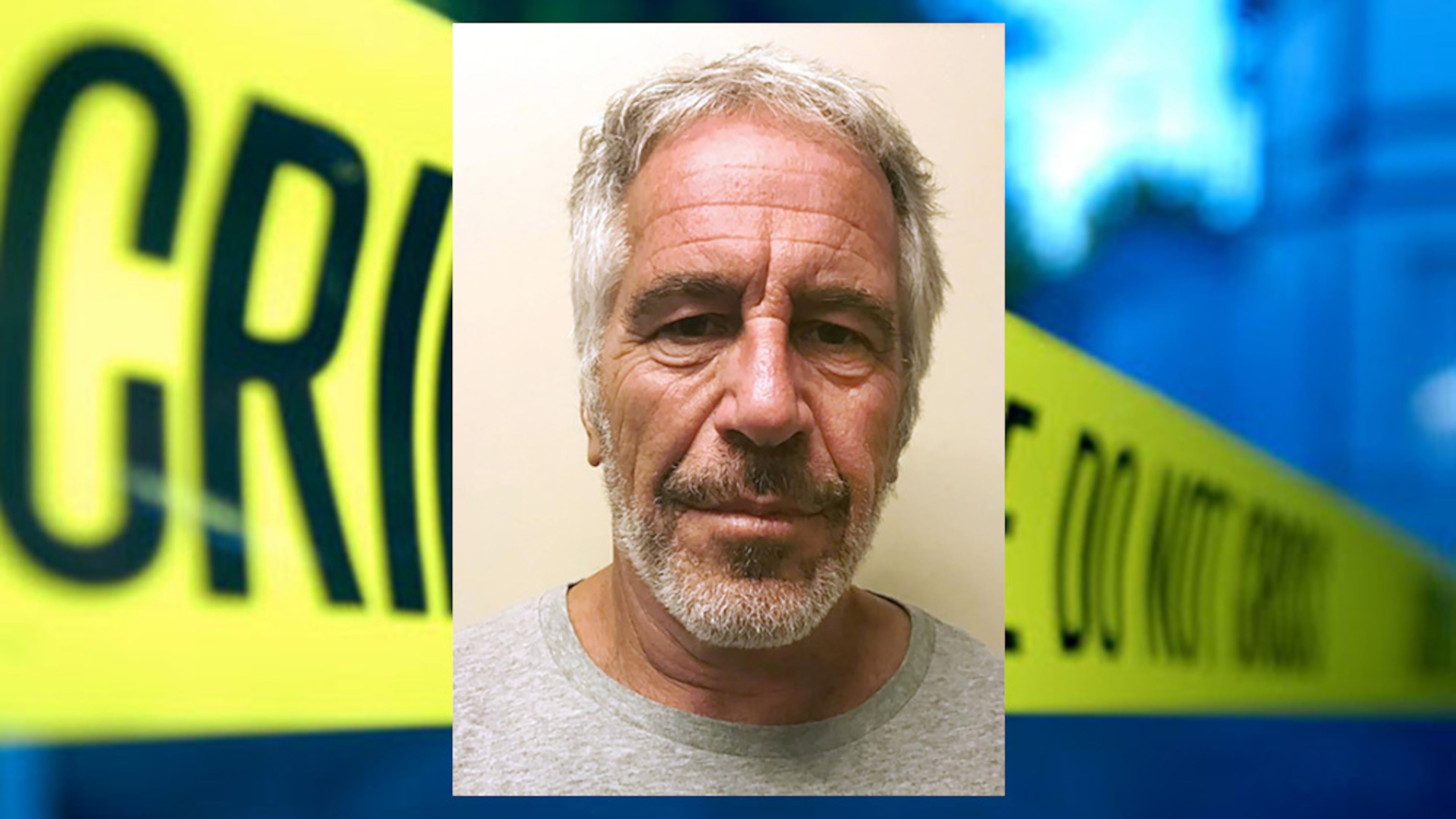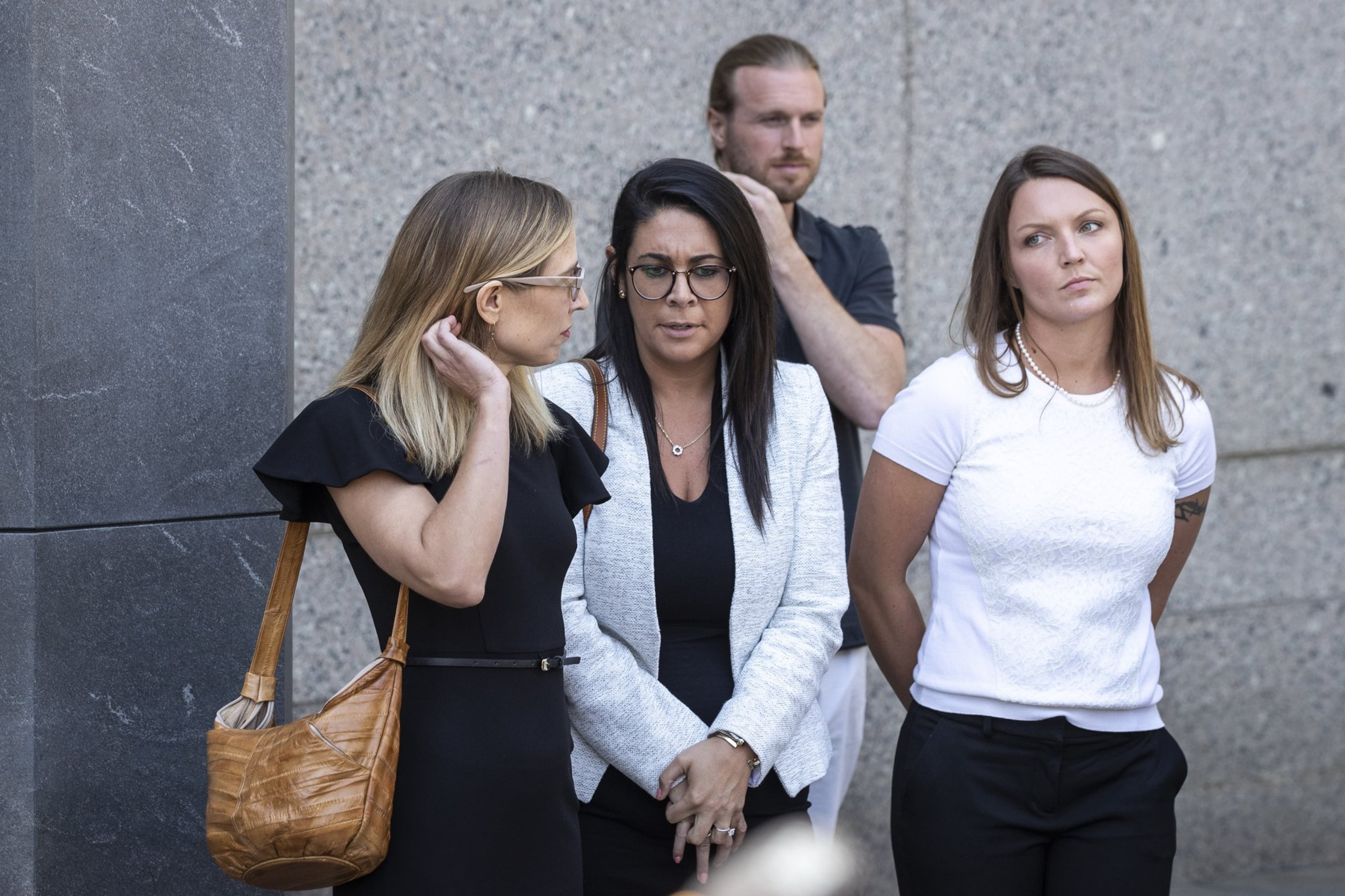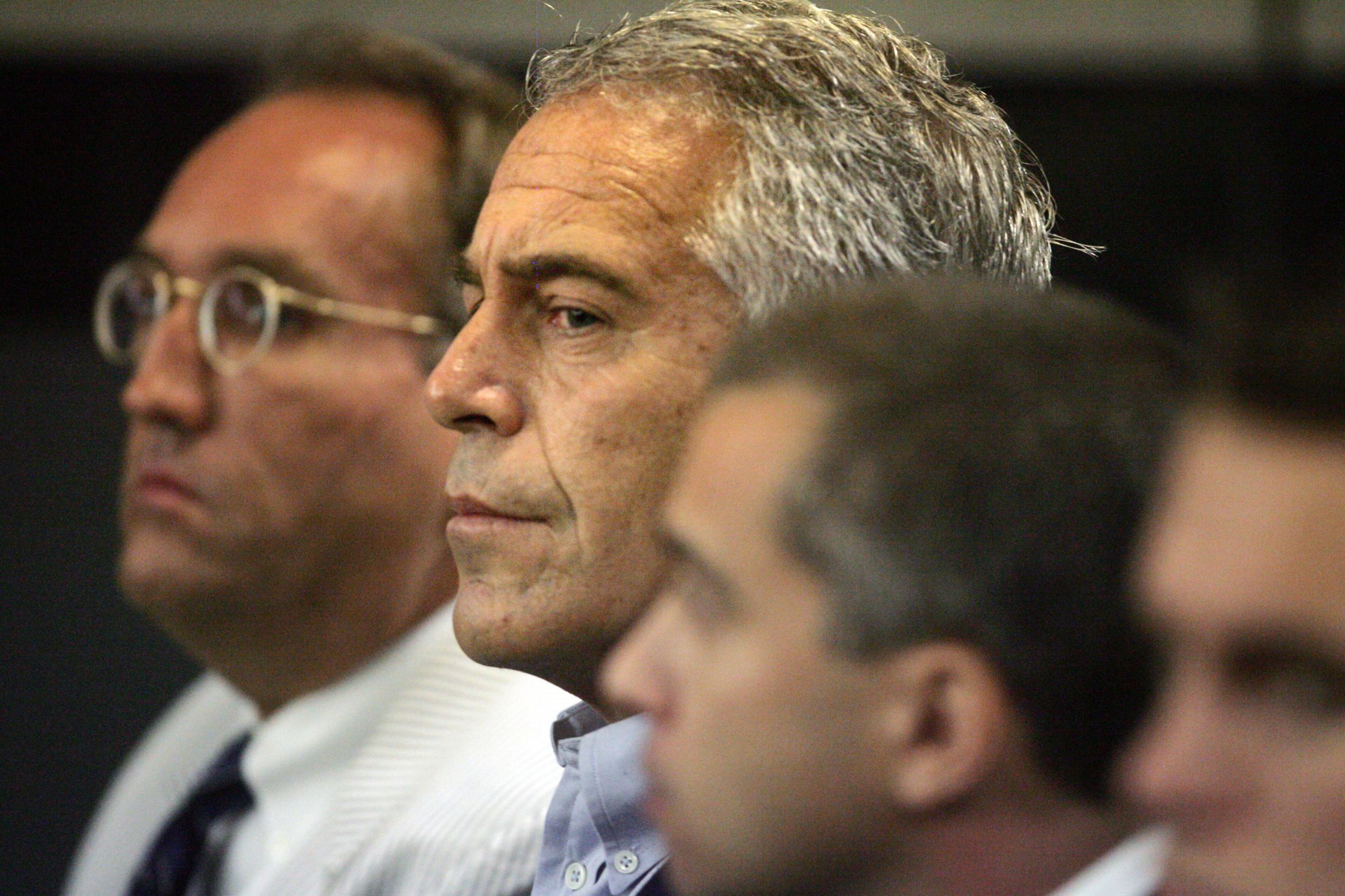Court: Epstein victim cannot hold federal prosecutors accountable

The federal appeals court in Atlanta on Tuesday ruled against one of Jeffrey Epstein’s victims who sought to hold federal prosecutors accountable for a controversial non-prosecution agreement reached with the late financier in 2007.
Courtney Wild, who said Epstein sexually abused her in Palm Beach, Florida, when she was 14 years old, filed the petition 12 years ago. She contended prosecutors violated her rights under the Crime Victims Rights Act of 2004. The U.S. Attorney's Office in Atlanta defended the government in the case because federal prosecutors in Florida recused themselves.
The non-prosecution agreement, widely condemned as being too lenient, granted Epstein immunity from federal prosecution and allowed him to plead guilty to state prosecution charges. The billionaire was sentenced to almost 13 months in custody, although he was allowed regularly to go to his office.
Last year, federal prosecutors in New York brought sex trafficking charges against the well-connected Epstein. On Aug. 10, he died in his Manhattan jail cell by hanging himself in an apparent suicide.
Writing for the majority, Judge Kevin Newsom wrote that he was sympathetic to Wild. She and others “suffered unspeakable horror at Epstein’s hands, only to be left in the dark— and, so it seems, affirmatively misled — by government lawyers,” he wrote.
After agreeing on the deal, prosecutors held off for nearly a year of notifying Epstein’s victims of its existence. “And to be clear, the government’s efforts seem to have graduated from passive nondisclosure to (or at least close to) active misrepresentation,” Newsom noted.
The facts of the case, the majority noted, “are beyond scandalous — they tell a tale of national disgrace.”
But since the government never filed formal charges against Epstein, the Crime Victims Rights Act was never triggered, said Newsom, joined by Senior Judge Gerald Tjoflat. “It’s not a result we like, but it’s the result we think the law requires.”

Senior Judge Frank Hull disagreed in a strongly worded dissent.
“This case is about how the U.S. prosecutors fell short on Epstein’s evil crimes,” Hull wrote. “Our criminal justice system should safeguard children from sexual exploitation by criminal predators, not re-victimize them.”

It is undisputed that the U.S. Attorney’s Office completed its investigation, drafted a 53-page indictment and negotiated for days with Epstein’s defense team, Hull noted. For these reasons, prosecutors “egregiously violated federal law and the victims’ rights by not conferring one minute with them (or their counsel) before striking the final (non-prosecution) deal,” she said.
The court’s majority said it was constrained to leave Epstein’s victims “empty-handed” and said it’s up to Congress to rewrite the law, Hull added.
“Not true,” she said. “The empty result here is only because our court refuses to enforce a federal statute as Congress wrote it. The Crime Victims Rights Act is not as impotent as the majority now rewrites it to be.”

In the petition, Wild sought a public court hearing in which women could present victim-impact statements. It sought disclosure of records detailing law enforcement’s investigation and explanations of why federal prosecutors in Florida decided to grant Epstein immunity. And it asked for mandatory victims rights’ training for the prosecutors in the office as well as sanctions, attorneys’ fees and restitution.


